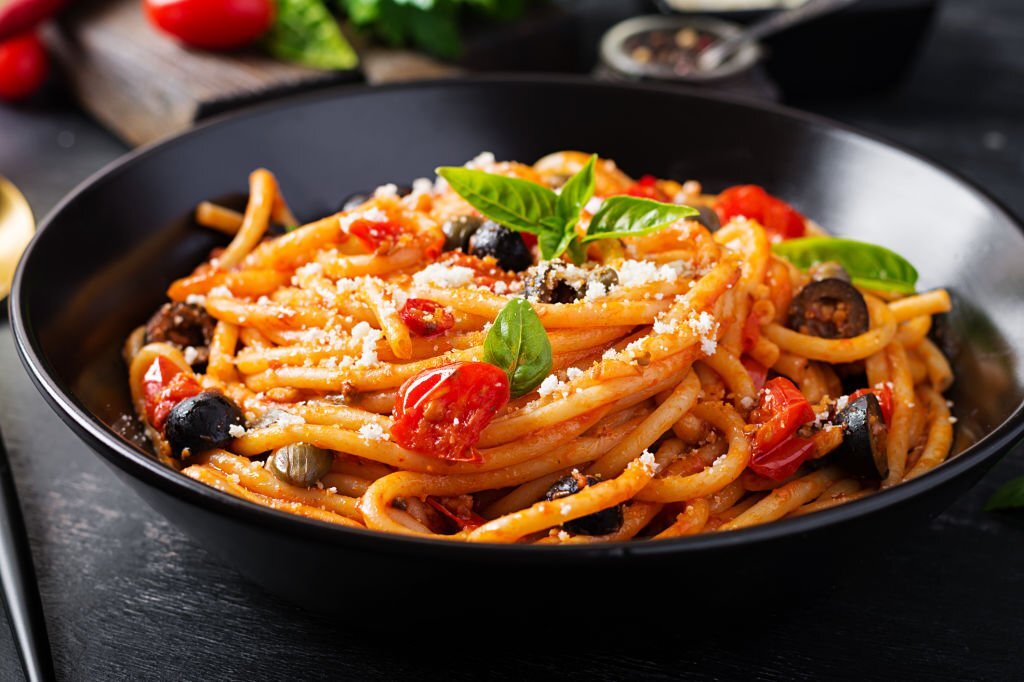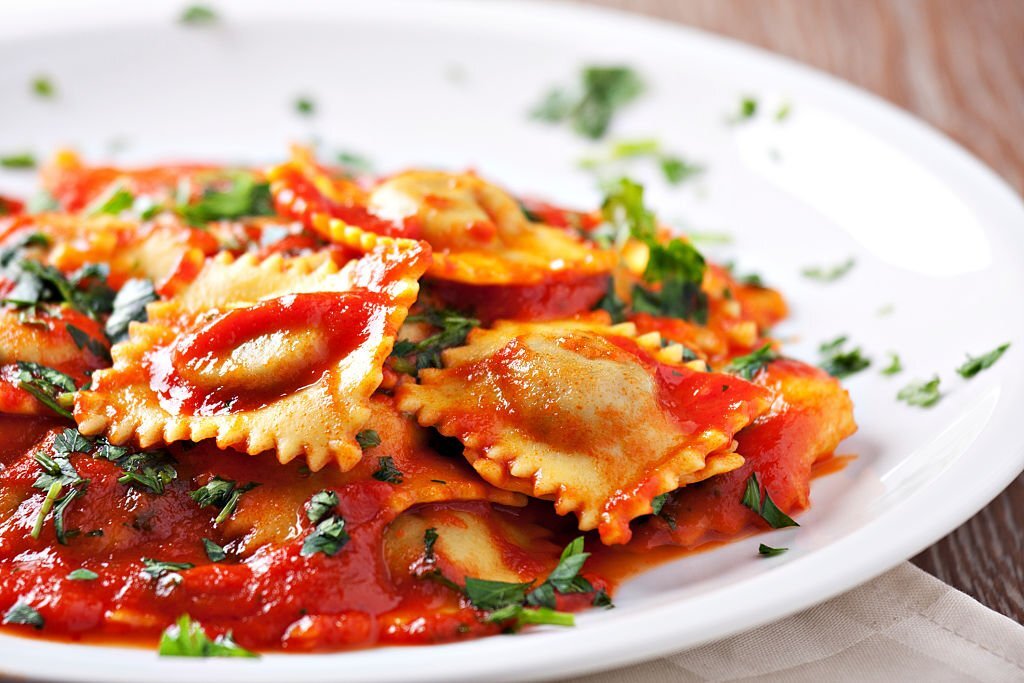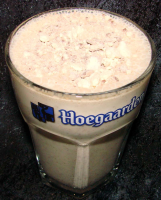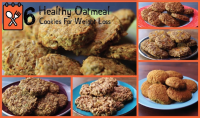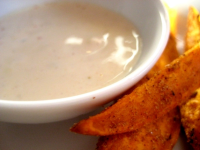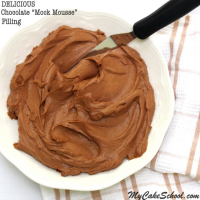More about "symptoms of too much salt recipes"
6 SIGNS THAT YOU ARE CONSUMING TOO MUCH SALT
Jun 26, 2018 · Consuming too much salt can increase your blood pressure and some studies suggest that it is linked to cognitive decline as well. Research shows that on an average, our daily salt intake should be ...
From ndtv.com
From ndtv.com
See details
6 SNEAKY SIGNS YOU MIGHT BE EATING TOO MUCH SALT
From eatingwell.com
See details
QUICK FIXES IF YOU ADD TOO MUCH SALT TO A DISH | FOODAL
Sep 23, 2016 · I’d recommend noting this on your recipe, and cutting out the added salt if you make it again. Reply. Morris Irene. October 16, 2020 at 10:54 AM I screwed up and I made cream peas, put too much salt in them. I put potatoes in them to no avail so any suggestions would be very helpful. I need to have them by tonight ??
From foodal.com
From foodal.com
See details
8 SIGNS OF TOO MUCH SALT IN YOUR DIET | GRAVITY TRANSFORMATION
From gravitytransformation.com
See details
7 SIGNS YOU’RE EATING TOO MUCH SALT | MUSCLE & FITNESS
From muscleandfitness.com
See details
RISKS OF SALT POISONING | UNIVERSITY OF UTAH HEALTH
Aug 05, 2016 · However, children also can be unwitting victims. They may get into high salt foods, like soy sauce, and consume too much. Or they may ingest a non-food item with a large amount of salt. “We have had calls where children have eaten homemade play dough,” says Pace. “That has enough salt in it to cause problems if enough is eaten.”
From healthcare.utah.edu
From healthcare.utah.edu
See details
SIGNS AND SYMPTOMS OF TOO MUCH SALT IN THE DIET ...
Aug 02, 2019 · When excessive salt makes the levels of sodium increase, your body retains water. As extra fluids build up in tissues it causes another one of the symptoms of too much sodium — swelling. This swelling, called edema, affects various parts of the body, but often occurs in the face, hands, legs, ankles and feet. Advertisement.
From livestrong.com
From livestrong.com
See details
ARE YOU EATING TOO MUCH SALT? - WEBMD
From webmd.com
See details
WHAT TO DO AFTER EATING TOO MUCH SALT | COOKING LIGHT
Oct 02, 2017 · A study from the Center for Disease Control showed that 90 percent of Americans eat too much salt, and the average adult has an average daily intake of 3,592 mg. Over time, your kidneys have trouble keeping up with excess sodium, so your body holds onto water to dilute it (hence why you might feel bloated and puffy).
From cookinglight.com
From cookinglight.com
See details
HOW TO FIX FOOD THAT'S TOO SALTY | MYRECIPES
Dec 04, 2018 · Add salt-free stock or water. If you’re dealing with a salty soup or sauce, adding salt-free stock or water is the quickest way to fix it. Make sure to choose an appropriately flavored stock (i.e. don’t use beef stock in a chicken soup) so you don’t completely alter the recipe. Or, if it is a chunky soup, drain and discard about half of ...
From myrecipes.com
From myrecipes.com
See details
6 SIGNS THAT YOU ARE CONSUMING TOO MUCH SALT
Jun 26, 2018 · Consuming too much salt can increase your blood pressure and some studies suggest that it is linked to cognitive decline as well. Research shows that on an average, our daily salt intake should be ...
From ndtv.com
From ndtv.com
See details
THESE 7 SYMPTOMS MIGHT BE TELLING YOU YOU'RE EATING TOO ...
These 7 symptoms might be telling you you’re eating too much salt Your body might be trying to tell you something A pinch of it in a soup, a few grains on your hard-boiled egg: a lot of dishes can be made a lot tastier by adding a little salt.
From tips-and-tricks.co
From tips-and-tricks.co
See details
SIDE EFFECTS OF EATING TOO MUCH SALT - COZZI
Nov 08, 2021 · Side Effects of Eating Too Much Salt. Don't eat too salty, in addition to the risk of diabetes, it will also make you have high blood...
From cozzimc.com
From cozzimc.com
See details
WHAT TO DO AFTER EATING TOO MUCH SALT | COOKING LIGHT
Oct 02, 2017 · A study from the Center for Disease Control showed that 90 percent of Americans eat too much salt, and the average adult has an average daily intake of 3,592 mg. Over time, your kidneys have trouble keeping up with excess sodium, so your body holds onto water to dilute it (hence why you might feel bloated and puffy).
From cookinglight.com
From cookinglight.com
See details
SALT - HOW MUCH IS TOO MUCH? | BHF
Salt Eating too much salt may raise your blood pressure and increase your risk of developing heart and circulatory diseases.. There are small changes you can make to cut down the amount of salt you eat. Over time, this will help to keep your heart healthy.
From bhf.org.uk
From bhf.org.uk
See details
EFFECTS OF EXCESS SODIUM INFOGRAPHIC | AMERICAN HEART ...
9 out of 10 Americans consume too much sodium. Where does sodium come from? 65% supermarkets & convenience stores 25% restaurants 10% other sources. Shake Out Salt. Keep your sodium intake in check as part of an overall heart-healthy eating pattern that emphasizes: Variety of fruits and vegetables; Whole grains; Low-fat dairy products; Skinless ...
From heart.org
From heart.org
See details
GET THE SCOOP ON SODIUM AND SALT | AMERICAN HEART ASSOCIATION
Apr 16, 2018 · Learn about the role sodium plays in a healthy diet and how it can affect your health. Find out how to take back control over the amount of sodium in the food supply and in your diet. The American Heart Association explains how excess sodium in the diet can lead to high blood pressure and how the average American diet gets almost twice as much sodium daily as recommended.
From heart.org
From heart.org
See details
SIDE EFFECTS OF INGESTING TOO MUCH SALT | HEALTHY EATING ...
Nov 21, 2018 · Side Effects of Ingesting Too Much Salt. Sodium chloride, or table salt, supplies the electrolyte sodium to your diet. This mineral is essential for maintaining fluid balance within your cells, for contracting your muscles and for transmitting nerve impulses. It also plays a critical role in helping your digestive ...
From healthyeating.sfgate.com
From healthyeating.sfgate.com
See details
SALT WATER FLUSH TO CLEANSE THE COLON AND DETOX - DR. AXE
Jan 26, 2018 · Keep in mind there’s a big difference between regular table salt, which is iodinated, and pure sea salt. The processed salts in sodium foods, especially in processed, packaged or fast foods, along with the sodium usually contribute too much salt to people’s diets and pose the most health risks (like high blood pressure).
From draxe.com
From draxe.com
See details
LOW-SODIUM DIET FOR MENIERE'S DISEASE - MENIERES.ORG
Even items labeled “low salt” can add up fast. The recommended daily intake of salt for a Meniere’s patient is 1500 mg/day. It sounds like a lot. But, one tablespoon of salt equals 2,300 mg of sodium. If you consume 1/2 teaspoon of salt each day, it uses up your daily allotment with about 300 milligrams to spare.
From menieres.org
From menieres.org
See details
SALT AND SODIUM | THE NUTRITION SOURCE | HARVARD T.H. CHAN ...
But too much sodium in the diet can lead to high blood pressure, heart disease, and stroke. It can also cause calcium losses, some of which may be pulled from bone. Most Americans consume at least 1.5 teaspoons of salt per day, or about 3400 mg of sodium, which contains far more than our bodies need.
From hsph.harvard.edu
From hsph.harvard.edu
See details
HYPONATREMIA - SYMPTOMS AND CAUSES - MAYO CLINIC
May 23, 2020 · People who drink too much water while taking part in marathons, ultramarathons, triathlons and other long-distance, high-intensity activities are at an increased risk of hyponatremia. Complications. In chronic hyponatremia, sodium levels drop gradually over 48 hours or longer — and symptoms and complications are typically more moderate.
From mayoclinic.org
From mayoclinic.org
See details
SIGNS AND SYMPTOMS OF HYPONATREMIA – DRINK LMNT, INC.
The signs and symptoms of hyponatremia can be subtle. If you don’t know what you’re looking for, you can slog away for years in a suboptimal state. I see it all the time in active folks. They lose both sodium and fluids through sweat, but they mainly focus on replacing the fluids. Electrolytes are, at best, an afterthought. That’s a recipe for hyponatremia. Drinking too much plain water ...
From drinklmnt.com
From drinklmnt.com
See details
16 SUBTLE SYMPTOMS YOU'RE EATING TOO MUCH SUGAR — EAT THIS ...
Nov 06, 2020 · Some preliminary research has suggested that a high-sugar diet raises your blood sugar, increasing free radicals and compounds that boost inflammation. Over time, too much sugar ups your risk of obesity, increasing your risk of diabetes, and may even on its own increase your risk of conditions like certain cancers and chronic illnesses like heart disease, says Brigitte Zeitlin, MPH, RD, CDN.
From eatthis.com
From eatthis.com
See details









